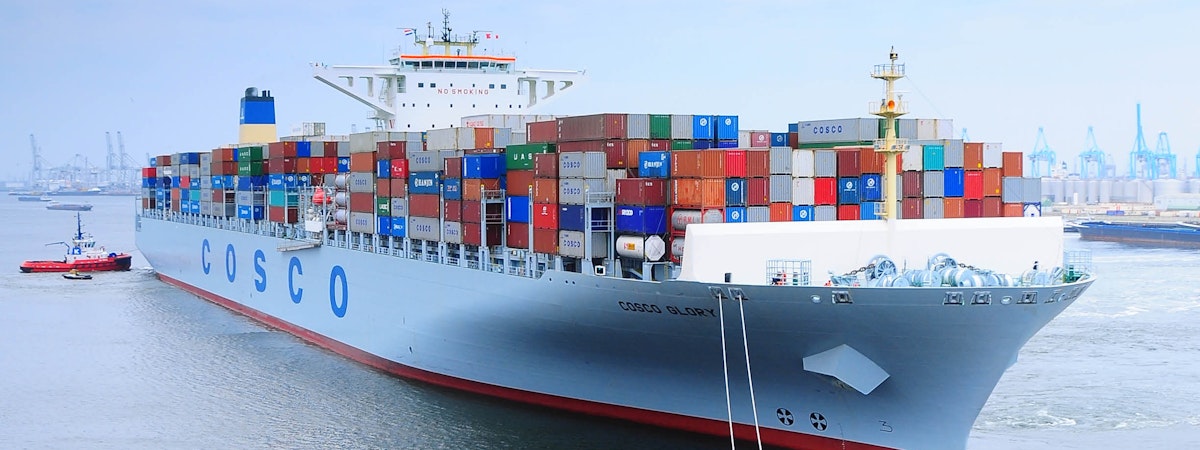
Navigating Acquisitions in the Port of Rotterdam: The Investment, Mergers and Acquisitions Security Review Act
The Port of Rotterdam: A Playground for Foreign Investors?
In the past year, we have observed how the Port of Rotterdam increasingly seems to be falling into foreign hands, with investments from Qatar and growing involvement from the Chinese government (see our earlier blog). Although the port is crucial for Rotterdam and its position in the national and international market, acquisitions appear inevitable. To protect these vital sectors, the Investment, Mergers and Acquisitions Security Review Act (law Vifo) came into effect on June 1, 2023. Let’s delve deeper into this law and its potential impact on acquisitions in the Port of Rotterdam.
Protection or Government Interference?
Traditionally, the Dutch government did not interfere much with mergers and acquisitions. However, with the increasing involvement of foreign parties, there seems to be a need for more protection of vital sectors. While mergers and acquisitions primarily fall within the business domain, existing supervisory bodies such as the SER and the ACM have proven insufficient. The Wet Vifo addresses this shortcoming, aiming to prevent or at least minimize the disruption of vital processes, the emergence of strategic dependency, and the erosion of the integrity and exclusivity of knowledge and information. It focuses on managing the risks to national security associated with investments and acquisitions, especially in vital companies.
The Impact of the law Vifo on Port Acquisitions
The law Vifo applies to vital providers within the port area. When a target company is located in the Netherlands and a certain degree of control is transferred through an investment or acquisition, an alarm must be raised. It is essential to closely examine the Wet Vifo during acquisition processes to determine its applicability.
Notification and Review
If a proposed acquisition falls under the scope of the law Vifo, it must be reported to the Investment Assessment Bureau (BTI) of the Ministry of Economic Affairs and Climate using this notification form. This notification process must take place well before the intended transfer date. During the BTI’s review of the notification, the sale process cannot proceed, which can result in a processing time of fourteen weeks or more. If further assessment is required, the BTI can impose additional conditions on the acquisition to mitigate risks to national security.
Conclusion: The Importance of the law Vifo for the Port of Rotterdam
The Wet Vifo is a crucial tool for safeguarding national security in the Netherlands, particularly given the increasing foreign investments. Finding a balance between economic growth and security interests is essential for a healthy and secure investment environment, especially in vital sectors such as the Port of Rotterdam.
Future Perspective: Effectiveness of the law Vifo
For most acquisitions in the Port of Rotterdam, the law Vifo initially seems to be merely an additional administrative step. However, closely following this law is essential due to the potential consequences of non-compliance. Time will tell whether this extra notification requirement will effectively limit the influence of foreign parties in the Port of Rotterdam. Non-compliance can result in significant administrative fines of up to EUR 900,000 or 10% of annual turnover. Moreover, filing a notification can cause unexpected delays. Therefore, it is prudent to thoroughly consider how this legislation may apply early in the sale or investment process.
Do you have questions about this law? Contact Kelly Both.



